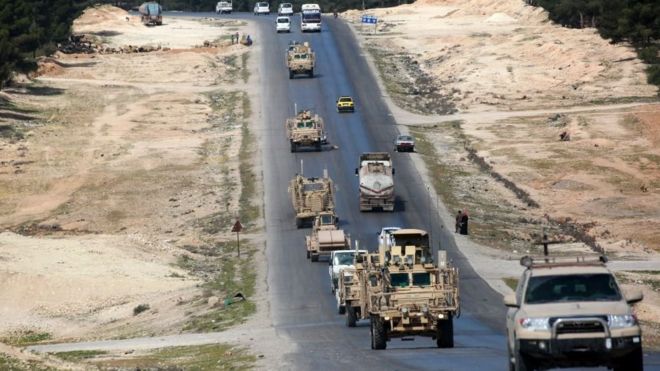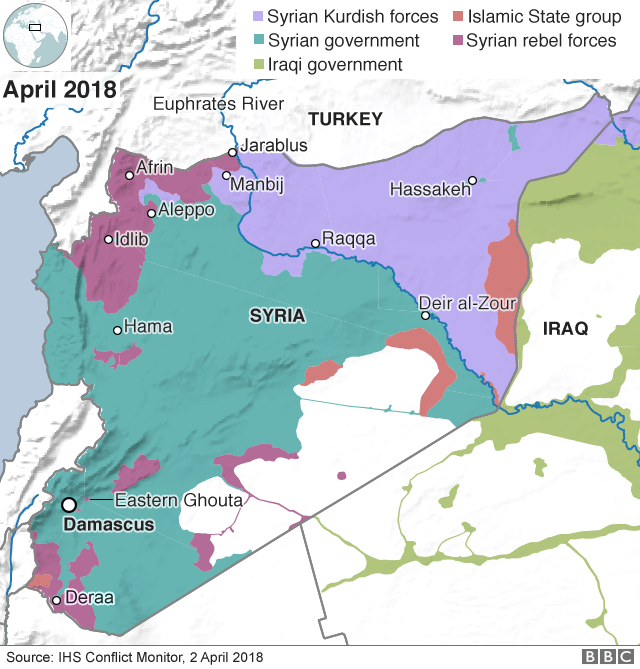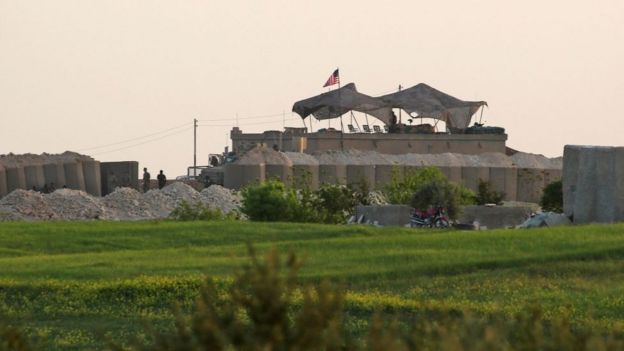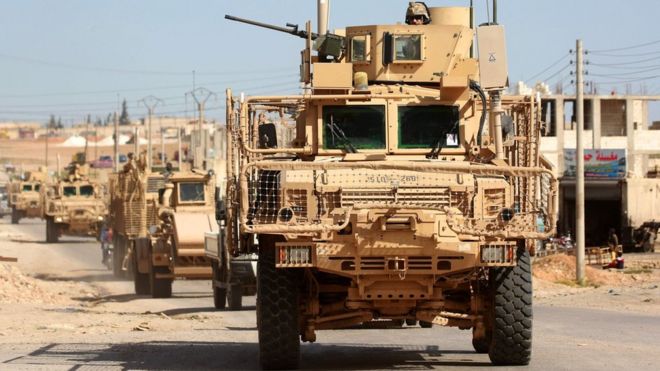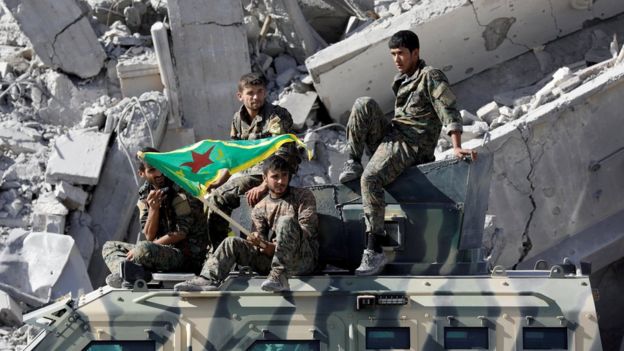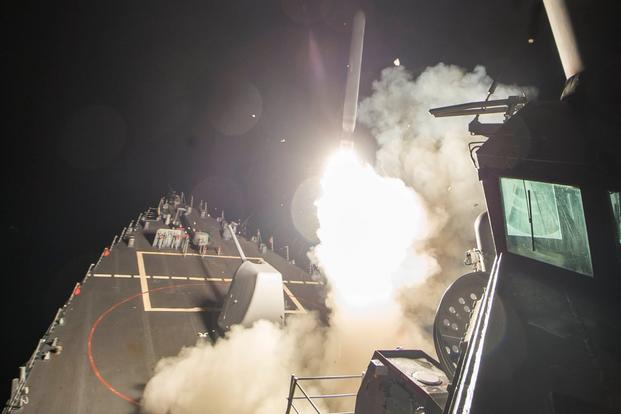Annie
Diamond Member
- Nov 22, 2003
- 50,848
- 4,828
- 1,790
Links at site. He said what I was thinking this morning when I heard this, but better:
http://www.captainsquartersblog.com/mt/archives/005930.php
http://www.captainsquartersblog.com/mt/archives/005930.php
December 12, 2005
Did Syria Notch Another Murder On Its Guns?
Another anti-Syrian Lebanese politician died in a car-bomb attack this morning, a day after the UN heard the latest report on the last victim of Syrian assassination, Rafik Hariri. The circumstances provide an eerie sense of deja vu in the case of this journalist-turned-MP:
Gebran Tueni, a prominent politician and journalist, was among those killed in a car bomb attack in Lebanon, police have said.
Mr Teuni's armoured SUV car exploded as it was driving through the mainly Christian Mekalis area of east Beirut.
Three other people also died and 10 were wounded in the blast.
Mr Tueni, 48, was a well-known journalist and fierce critic of Syria. He was elected to parliament in this year's election.
Tueni had only just returned to Lebanon from Paris, where he had published his anti-Syrian newspaper in hiding from Assad's security forces. The 48-year-old journalist had been back in his native country for just hours when the bomber struck. His newspaper, An-Nahar, lost another reporter in June to a car bomb in Lebanon as well, Samir Kassir.
That sounds like a long string of coincidences -- or a pattern which points in only one direction: Damascus.
In yet another "coincidence", UN investigator Detlev Mehlis presented his latest interim report on the murder of Hariri to Kofi Annan. The BBC reports that it confirms Syrian government involvement and includes "concrete evidence" implicating high-ranking officials in the Assad regime. The UN should release that report shortly, although this time I suspect someone will take the time to convert it to a PDF rather than leave it in Word format. It will demonstrate a pattern of arrogance and oppression that Assad could not abandon when he retreated from Lebanon in the face of American and French ultimata.
The Syrians must pay for their transgressions in Lebanon. Clearly, the threat of further UN investigations has not terrified them into stopping their assassinations of hostile Lebanese politicians. The Americans and the French must demand a complete withdrawal by the Assad regime of both Lebanon and Iraq of Syrian intelligence personnel immediately. Any failure to comply should be met with a couple of shots across the bow -- perhaps a nighttime air raid that takes out the Syrian air force as a starting point, just to get Assad's attention. It's time to start looking at the next state sponsor of Islamist terrorism and clearly a direct actor in international terror themselves.
Posted by Captain Ed at December 12, 2005 05:40 AM

